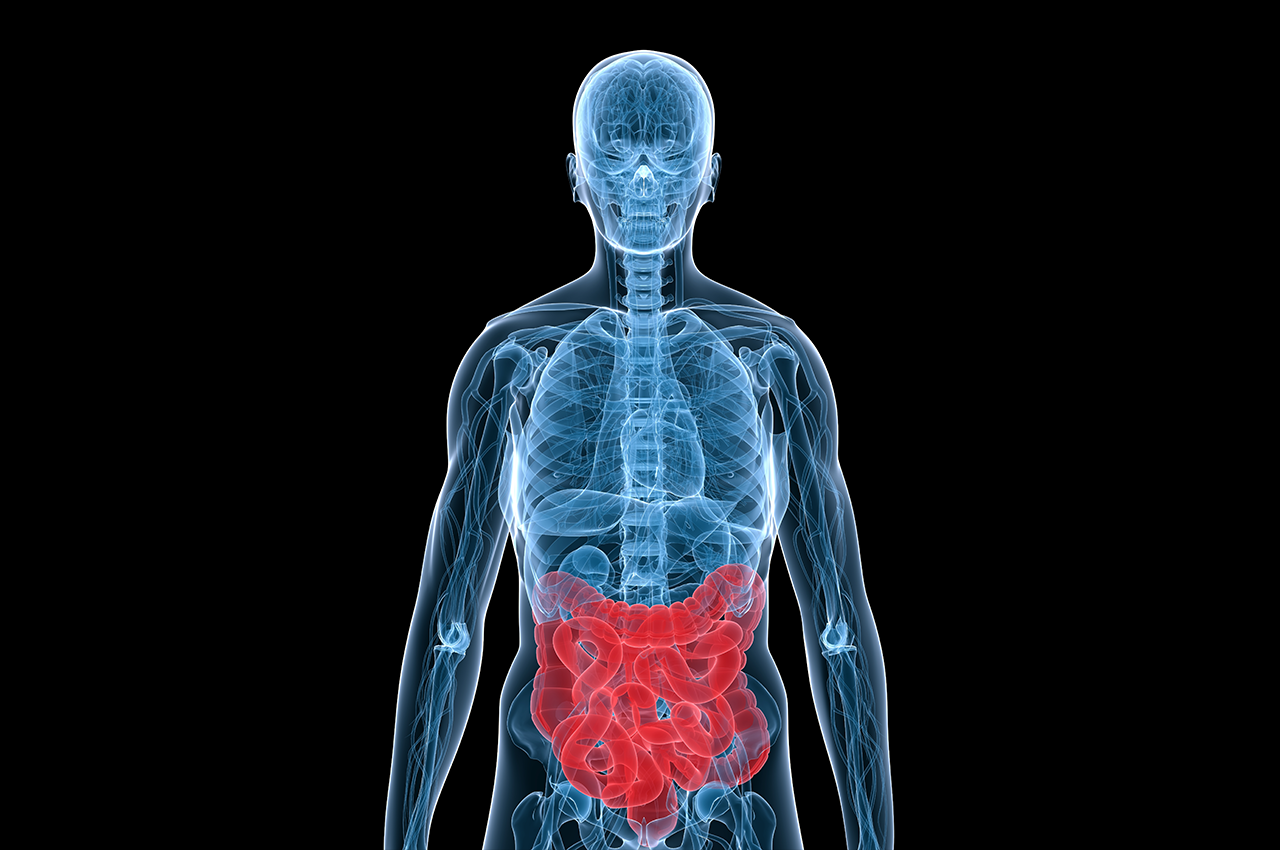Cancer is when abnormal cells in your body begin to divide and grow uncontrollably. These cells can grow into your organs and tissues, spreading to different areas in your body.
Bowel cancer is when cancer starts to grow in your large bowel (colon) or the back passage (rectum). Common symptoms of bowel cancer include:
- Blood in your stools for no obvious reason.
- Changing bowel habits. For example, going to the toilet less or more often.
- Persistent lower tummy pain, bloating and discomfort.
- A loss of appetite.
Who is at risk?
Both men and women can get bowel cancer and it’s most common in older people. The risk factors for getting bowel cancer include age, genetics, family history, and diet and lifestyle.
Bowel cancer can occur in different parts of the bowel:
Rectal cancer
This kind of bowel cancer starts in the rectum (large bowel). The rectum is where stool is stored until it’s ready to leave your body.
Anal cancer
This cancer starts in your anus, the opening at the end of your large bowel. The anus is also where poo leaves your body.
Small bowel cancer
Your small bowel is found between your tummy and large bowel.
When bowel cancer spreads
Bowel cancer can spread to other parts of the body. It does this by moving through the lymphatic system which forms part of your immune system. A common place for bowel cancer to spread to is the lymph nodes found in the tummy.
It may also move to other places in your body through the bloodstream. For example, the liver can be easily affected as the blood flows directly here from the bowel. The lungs or bones can also be affected, although this is less common.
How to detect bowel cancer
There are two kinds of screening tests that can check if you have bowel cancer. Getting tested or screened can prevent cancer as any cancerous growths will be removed. If you have bowel cancer already, getting screened can lower your chances of serious consequences
- If you’re between the ages of 60 to 74, a faecal occult blood test (FOB) is recommended at least every two years. There are home kits available that can collect a stool sample to be checked too.
- A bowel scope screening is offered to men and women aged 55 and older. It involves using a thin, flexible instrument to look inside the lower part of your bowel.
Good to know
- See your doctor if you’ve experienced one or more symptoms for more than four weeks.
- Your doctor may do some tests. For example, he may check your tummy and bum for any lumps.
- He may suggest a screening if he finds any bumps.

